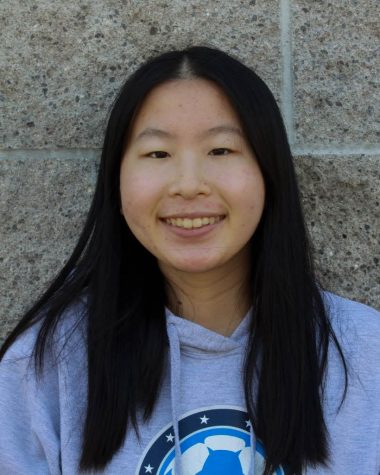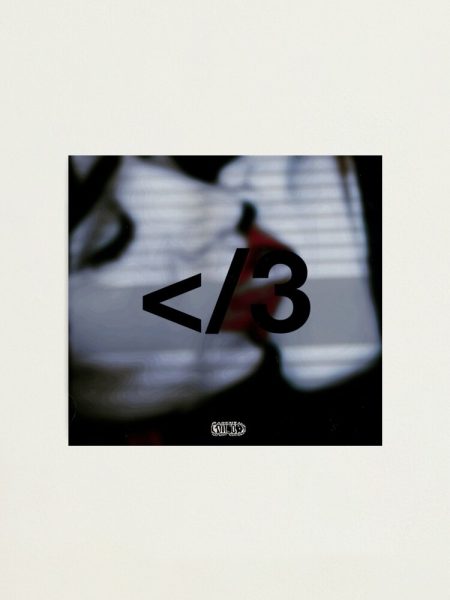AP Physics 1/2
August 17, 2020
Prerequisites
- ≥ B in Math III or concurrently enrolled in Pre-Calculus or higher math (includes Enhanced Math III)
Teacher
- Mr. Tim Smay
Description of course study
- The AP Physics 1/2 course is designed to teach students trigonometry-based physics and real-life applications of the curriculum.
- In the first semester, you will be learning AP Physics 1 curriculum consisting of Translational and Rotational Kinematics, Circular Motion, Linear Momentum, Work, Energy, Power, Conservation Laws, Simple Harmonic Motion, Waves and Sound, and Electrostatics/Intro to Electric Circuits
- In the second semester, you will be learning AP Physics 2 concepts: Fluid Mechanics, Thermodynamics, Electricity, Magnetism, Optics, and Modern Physics. Although these concepts may seem different from AP Physics 1, AP Physics 2 is an extension of your first semester studies. You will be responsible for applying first semester principles to second semester as the course is cumulative.
- An average day in AP Physics consists of daily flashcards, lectures, and demonstrations, with weekly group lab days.
How to study for them
- The AP Physics 1/2 workload is generally similar to other AP science courses. You will receive daily homework assignments due the next day for homework points.
- It is important you understand the conceptual problems given in the homework as many similar conceptual questions will be on the test.
- In order to memorize the physics formulas, make sure to keep track of all of your daily flashcards from class. To understand the equations in the context of a problem, you will be required to write a problem that uses the equation on the back of the card. Although you will be given a formula sheet on the actual AP test, you will not be given any formulas for tests in class, and it will save time on AP test day if you already know the equations.
- In the FRQ section of the AP test, there will be a question for experimental design, in which you create an experiment in response to the prompt. It is important you study all of the labs conducted throughout the year to prepare you for setting-up your own experiment.
Resources






